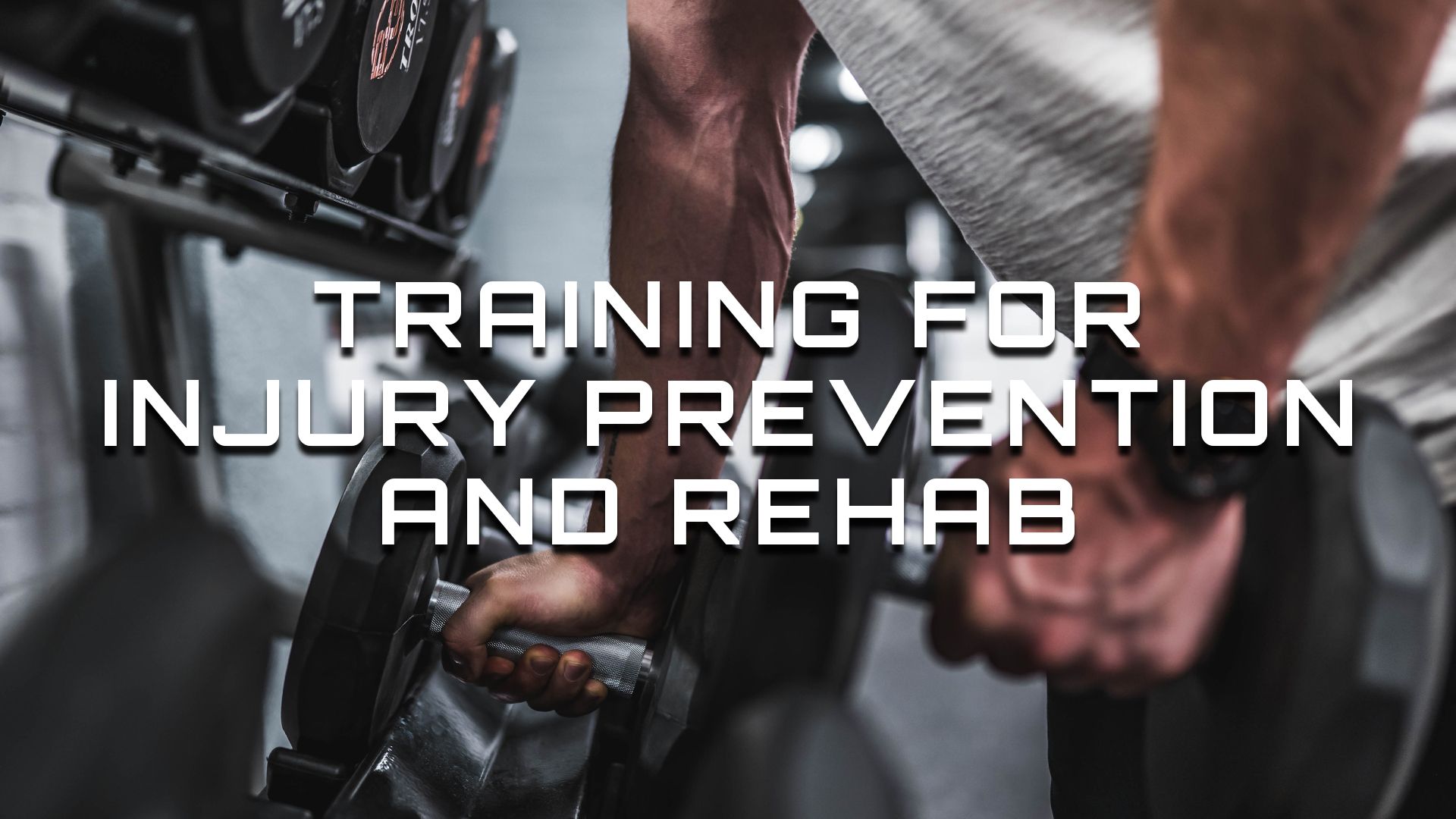
Personal training is not only beneficial for individuals looking to improve their fitness or achieve specific goals; it can also play a vital role in rehabilitation and injury prevention. Whether you are recovering from an injury or seeking to prevent future injuries, working with a personal trainer can provide you with the guidance, support, and specialized exercises needed to aid in your recovery and reduce the risk of further injuries. In this article, I will explore the benefits of personal training for rehabilitation and injury prevention.
Individualized Programs
When it comes to rehabilitation, a one-size-fits-all approach doesn't work. Personal trainers who specialize in rehabilitation can design individualized programs tailored to your specific needs, taking into account your injury, medical history, and goals. They will work closely with you and, if necessary, collaborate with healthcare professionals, such as physical therapists or doctors, to create a safe and effective program that supports your recovery.
Proper Form and Technique
Proper form and technique are essential for both rehabilitation and injury prevention. Personal trainers are trained to assess your movement patterns, identify weaknesses or imbalances, and correct any improper form that could exacerbate existing injuries or lead to new ones. They will guide you through exercises, ensuring that you perform them correctly and safely, maximizing the benefits and minimizing the risk of further injury.
Progressive Approach
Rehabilitation requires a gradual progression to rebuild strength, mobility, and functionality. Personal trainers will develop a progressive plan that starts with gentle exercises and gradually increases in intensity and complexity as your body heals and adapts. They will monitor your progress, make necessary adjustments, and ensure that you are not pushing yourself too hard or too quickly, preventing setbacks and promoting a smooth recovery.
Strengthening Weak Areas
Injury often results in muscle imbalances or weaknesses in certain areas of the body. Personal trainers can target these weak areas through specific exercises to restore balance, stability, and strength. By focusing on strengthening the surrounding muscles, they can help alleviate stress on the injured area and provide better overall support and stability, reducing the risk of reinjury.
Education and Empowerment
I not only guide you through exercises but also educate you about your injury, the rehabilitation process, and preventive measures. I teach you proper warm-up and cool-down techniques, stretching exercises, and strategies for injury prevention.
This knowledge empowers you to take an active role in your recovery and equips you with the tools to make informed decisions about your fitness and health.
With individualized programs, focus on proper form, progressive approaches, targeted strengthening, and education, I can help you recover from injuries effectively and reduce the risk of future injuries. When seeking a personal trainer or health coach for a rehabilitation purposes, ensure they have experience and qualifications in working with individuals in similar situations. Remember to consult with healthcare professionals such as your GP for an accurate diagnosis and clearance before starting any rehabilitation program.
#personaltrainer #fitnesscoach #health #workout #injury #physio #rehab #knee #hip #ruislip #pinner #motivation #harrow

Start Today!
Ready to transform your fitness journey? Take the first step towards achieving your goals with personal training!
My take on Health and Fitness



